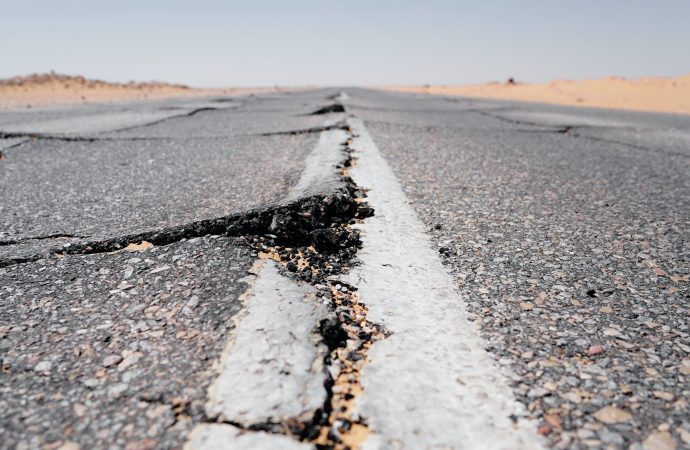Earthquakes can be devastating and take many by surprise. Although most are relatively minor, they can still cause a great deal of destruction in the aftermath. So, what do you do after an earthquake? This guide provides essential tips on how to survive and cope following an earthquake; from finding shelter and supplies to assessing
Earthquakes can be devastating and take many by surprise. Although most are relatively minor, they can still cause a great deal of destruction in the aftermath. So, what do you do after an earthquake? This guide provides essential tips on how to survive and cope following an earthquake; from finding shelter and supplies to assessing your home’s damage and beyond. Read on to learn what you should do in the moments, hours and days after an earthquake strikes.
What To Do During An Earthquake
-If you are indoors:
-Drop to the ground
-Take cover under a sturdy table or desk
-Hold on to it until the shaking stops
-If there is no table or desk nearby, protect your head and face by covering them with your arms or a pillow
-Stay away from windows, bookcases, mirrors, fireplaces, and heavy objects that could fall on you
-If you are outdoors:
-Quickly move away from buildings, streetlights, and utility wires
-Once in an open area, stay there until the shaking stops
-If you are driving:
-Stop as soon as possible and pull over to the side of the road
-Avoid overpasses or power lines
What To Do After An Earthquake
After an earthquake, it is important to assess the damage and make sure that you and your family are safe. If there is any damage to your home, make sure to contact a professional to help you repair it. If you are injured, seek medical attention immediately. Once you have taken care of yourself and your family, you can start thinking about helping your community. If there are people who are hurt or stranded, see if you can help them. You can also contact your local Red Cross or other relief organizations to see how you can help with the relief efforts.
Conclusion
Earthquakes can be devastating, but if you know what to do it is possible to survive and even thrive after the event. We hope that this guide has given you a better understanding of how to prepare for an earthquake and what steps you should take afterwards. In the end, safety must always come first when facing any natural disaster; so make sure that you remain calm in order to assess your situation quickly and accurately, while seeking help from qualified professionals as required.

















Leave a Comment
Your email address will not be published. Required fields are marked with *